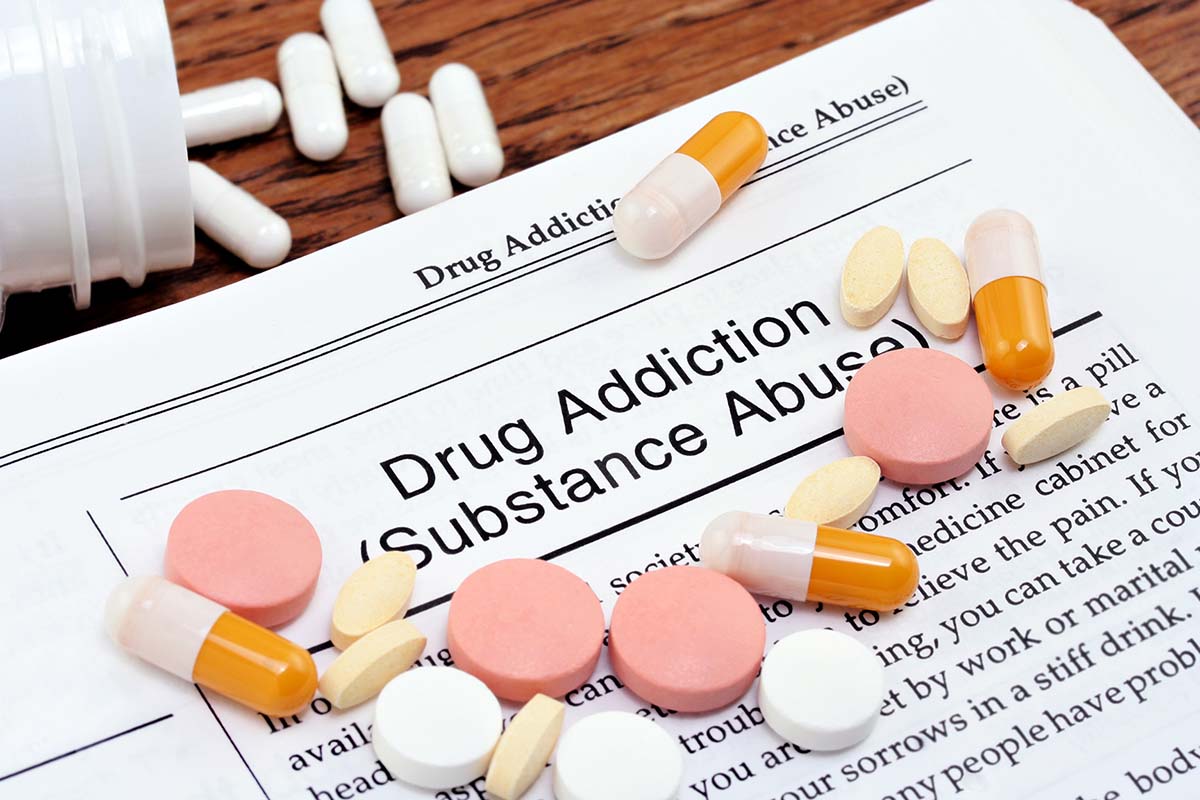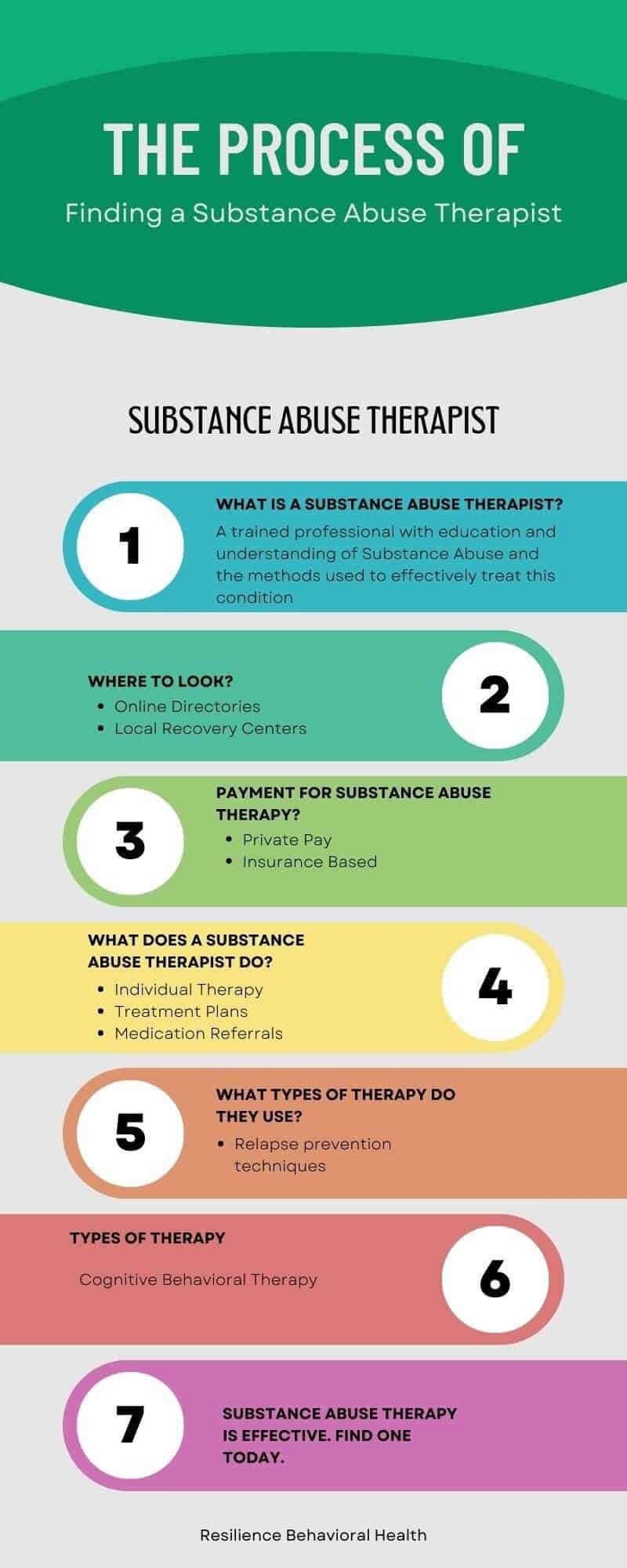Why starting addiction treatment today leads to long-term recovery
Wiki Article
A Comprehensive Overview to Substance Abuse Rehab
Substance Abuse rehab, often referred to as rehabilitation, is a structured procedure designed to assist people conquer reliance on medicines, alcohol, or other addicting materials. It is not merely regarding detoxing-- it is a trip of mental, psychological, and physical improvement. Rehabilitation centers offer risk-free settings where individuals can face the source of their addiction, address mental triggers, and discover dealing devices to sustain long-lasting soberness. This procedure is led by qualified experts, consisting of specialists, clinical physicians, and therapists that understand the complicated nature of addiction as both a behavioral and physiological problem.Recognizing the Core important Abuse Recovery
At its core, recovery has to do with restoring an individual's life. Dependency usually leaves behind deep scars-- strained relationships, financial distress, wellness problems, and psychological instability. Via comprehensive rehab programs, individuals are provided the tools to repair these aspects gradually. Rehab isn't nearly staying away from compounds; it's regarding recovering control and finding one's sense of self-worth. The programs emphasize structure, uniformity, and individual liability, which are crucial to long-lasting healing success. Every small milestone throughout rehab acts as a structure for lasting soberness.Additionally, Substance Abuse rehab is not a one-size-fits-all method. It acknowledges that everyone's dependency tale is distinct-- what led to Substance Abuse abuse, exactly how it proceeded, and exactly how recovery can be continual vary widely. Therapy centers customize treatment plans based on private assessments, making certain that every client obtains support that lines up with their psychological state, addiction background, and life situations. This tailored technique greatly boosts healing outcomes and aids prevent regression as soon as individuals rehabilitate right into everyday life.
The Benefits of Inpatient Rehabilitation Programs
Inpatient rehabilitation, also called residential treatment, provides one of the most efficient techniques for those fighting serious Substance Abuse addiction. One of its primary advantages is the structured and distraction-free environment. When a person enters an inpatient center, they are momentarily gotten rid of from exterior triggers-- such as friends who make use of materials, demanding offices, or household disputes-- that may impede their healing. This isolation from adverse impacts enables individuals to focus completely on healing. Living within a supportive and monitored setting produces the stability required to damage old routines and develop healthier patterns of actions.An additional significant benefit of inpatient rehabilitation is the 24/7 expert supervision readily available per individual. Withdrawal signs and symptoms from medicines or alcohol can be unforeseeable and, sometimes, dangerous. Inpatient facilities have clinical teams that provide continuous treatment, making certain individuals are secure and comfortable during detoxification. Past physical health and wellness, continuous guidance likewise offers psychological confidence-- individuals know that aid is offered at any time, which minimizes anxiety and constructs count on in the recuperation process. This instant access to clinical and psychological support dramatically improves the success price compared to outpatient take care of severe dependencies.
Inpatient rehab programs promote a solid sense of area and liability. Clients connect with others who share similar struggles, take part in team therapy, and participate in tasks that encourage team effort and compassion. This environment nurtures good understanding and reduces feelings of isolation usually connected with addiction. By linking with peers and gaining from their experiences, individuals establish social bonds that proceed to support them even after leaving the facility. This feeling of belonging, incorporated with regular professional assistance, makes inpatient rehabilitation a very reliable foundation for sustainable recovery.
Inpatient Rehab Solutions Offered
Inpatient rehab centers use a varied array of solutions developed to deal with the mind, spirit, and body concurrently. The initial phase commonly involves clinical detoxing, a procedure that safely removes substances from the body while managing withdrawal signs and symptoms. Detoxification is supervised by physician that may administer medicine to reduce pain and protect against difficulties. Patients transition to structured daily programs that consist of therapy, therapy, and health activities as soon as detoxification is complete. This incorporated technique guarantees that clients not just get rid of physical dependence yet likewise address psychological and psychological elements of addiction.Healing services go to the heart of inpatient rehab. Facilities deal individual treatment sessions, where patients work one-on-one with accredited therapists to reveal the underlying causes of their dependency-- such as trauma, psychological health and wellness disorders, or unsolved psychological pain. Cognitive-behavioral treatment (CBT), dialectical behavior modification (DBT), and inspirational talking to are among one of the most typical evidence-based methods utilized. Furthermore, group treatment sessions provide a helpful space for individuals to share experiences, gain perspective, and develop social skills. Family members therapy is likewise often consisted of, helping to reconstruct trust fund and improve communication in between patients and their loved ones.
Past traditional therapy, lots of inpatient programs consist of holistic and leisure services to advertise general health - dual diagnosis rehab NJ. Yoga, reflection, art treatment, and health and fitness programs help reduce tension and show mindfulness. Nutritional therapy ensures that patients restore physical health, read the full info here as Substance Abuse typically diminishes the body's important nutrients. Some rehab centers even provide professional training and instructional workshops to help individuals plan for reintegration right into culture. These varied services are created to heal the entire person-- not simply deal with dependency signs and symptoms-- by cultivating objective, strength, and balance
Why You Should Think About Outpatient Programs
While inpatient rehab offers an immersive and intensive method, outpatient programs provide a choice that permits versatility for individuals that can not devote to full time household therapy. Outpatient rehab enables people to get structured treatment and clinical support while maintaining their daily duties-- such as school, family members, or work care. For lots of individuals with light to moderate dependency, outpatient treatment uses the ideal balance in between healing and everyday life. It enables individuals to practice the coping abilities they learn in real-world settings, strengthening their strength when faced with day-to-day obstacles.One more factor to consider outpatient programs is their cost-effectiveness. Inpatient treatment can be expensive because of accommodation, meals, and 24-hour guidance, which might not be financially practical for every person. Outpatient programs, nevertheless, commonly cost much less due to the fact that they do not need domestic stays. Several facilities use sliding-scale settlement options or accept insurance policy to make treatment obtainable. For those who have currently finished inpatient rehabilitation, transitioning right into an outpatient program functions as a valuable continuum of care, assisting keep liability and avoid relapse with recurring assistance.
Furthermore, outpatient programs supply a high degree of customization. Clients can select in between partial a hospital stay programs (PHP), extensive outpatient programs (IOP), or basic outpatient treatment, depending on their level of need. Each option offers varying degrees of structure and time commitment. IOPs generally involve several therapy sessions per week, while standard outpatient care could include weekly counseling gos to. This flexibility ensures that patients can obtain specialist aid tailored to their healing stage, making outpatient programs a useful and empowering choice for lasting recuperation upkeep.

Discovering Various Other Therapy Options in Substance Abuse Abuse Recovery
Past inpatient and outpatient rehab, there are several other treatment alternatives available for individuals seeking recuperation from Substance Abuse dependency (dual diagnosis rehab NJ). Medication-assisted treatment (MAT) is one such approach, combining prescribed find out medications with behavior modification to take care of withdrawal signs and lower cravings. Medications like methadone, naltrexone, or buprenorphine are frequently made use of in opioid dependency therapy, while acamprosate or disulfiram might support alcohol recovery. Floor covering assists support brain chemistry, permitting people to concentrate on therapy and lifestyle adjustments without the frustrating discomfort of withdrawal
Different treatments are also coming to be increasingly preferred basically Abuse therapy. These may consist of alternative practices like acupuncture, horse therapy, adventure-based therapy, and spiritual recovery programs. While these techniques might not replace typical therapy, they can complement it by enhancing emotional guideline, self-awareness, and confidence. The goal of exploring various treatment choices is to create a healing strategy that resonates with each person's values, ideas, and way of living. An individualized combination of treatments often produces one of the most sustainable outcomes, empowering individuals to live a meeting, substance-free life.
The Path to Long-Term Soberness and Healing
Finishing rehabilitation-- whether inpatient or outpatient-- is only the start of a long-lasting healing journey. Aftercare programs play a vital role in preserving soberness and preventing relapse. These programs might consist of ongoing therapy, support system like Narcotics Anonymous or Twelve Step Programs, and sober living setups that provide continued structure. Uniformity and area are vital; individuals who remain connected to healing networks are more probable to sustain long-lasting development. Rehabilitation educates the needed coping abilities, yet aftercare guarantees that those skills are applied and enhanced in real-life scenarios.Lasting recuperation also depends on lifestyle modifications that sustain physical and psychological health. Developing healthy and balanced behaviors-- such as normal workout, well balanced nourishment, and mindfulness techniques-- aids recover equilibrium to the mind and body. Involving in deliberate tasks like volunteering, going after pastimes, or reconnecting with loved ones can load the psychological gap left by Substance Abuse usage. Creating a favorable attitude and concentrating on future goals give recouping people a restored sense of identity and instructions. Soberness is not about deprivation; it's concerning redeeming life's splendor and chances.

Through extensive rehab programs, individuals are offered the devices to repair these aspects gradually. Inpatient rehabilitation programs promote a strong sense of area and liability. While inpatient rehabilitation provides an immersive and extensive technique, outpatient programs offer an alternative that permits versatility for individuals that can not dedicate to full time residential therapy. Outpatient rehabilitation allows clients to obtain organized therapy and clinical assistance while maintaining their daily responsibilities-- such as job, institution, or family treatment. Past inpatient and outpatient rehabilitation, there are a number of various other treatment alternatives available for people seeking healing from Substance Abuse addiction.
Report this wiki page